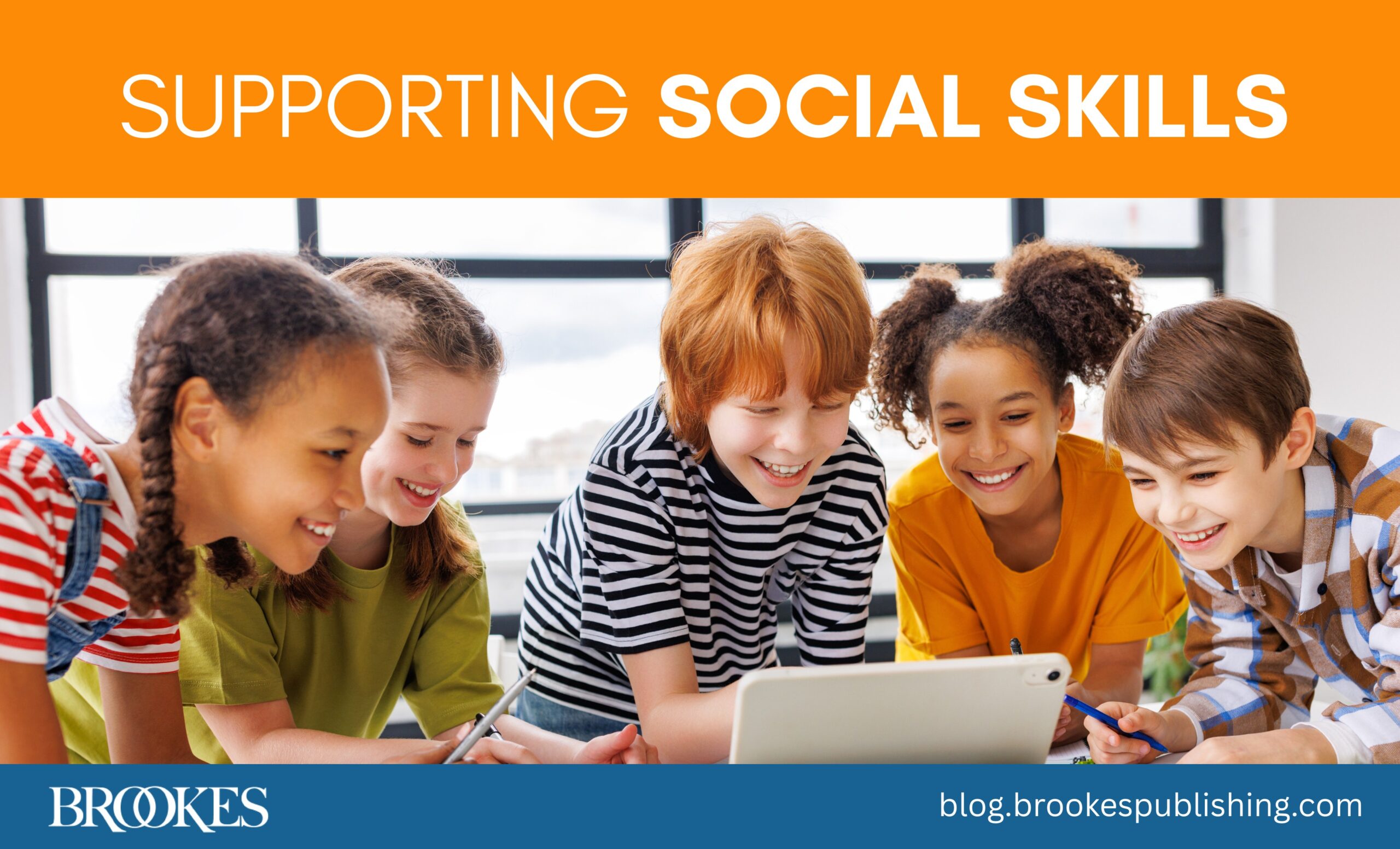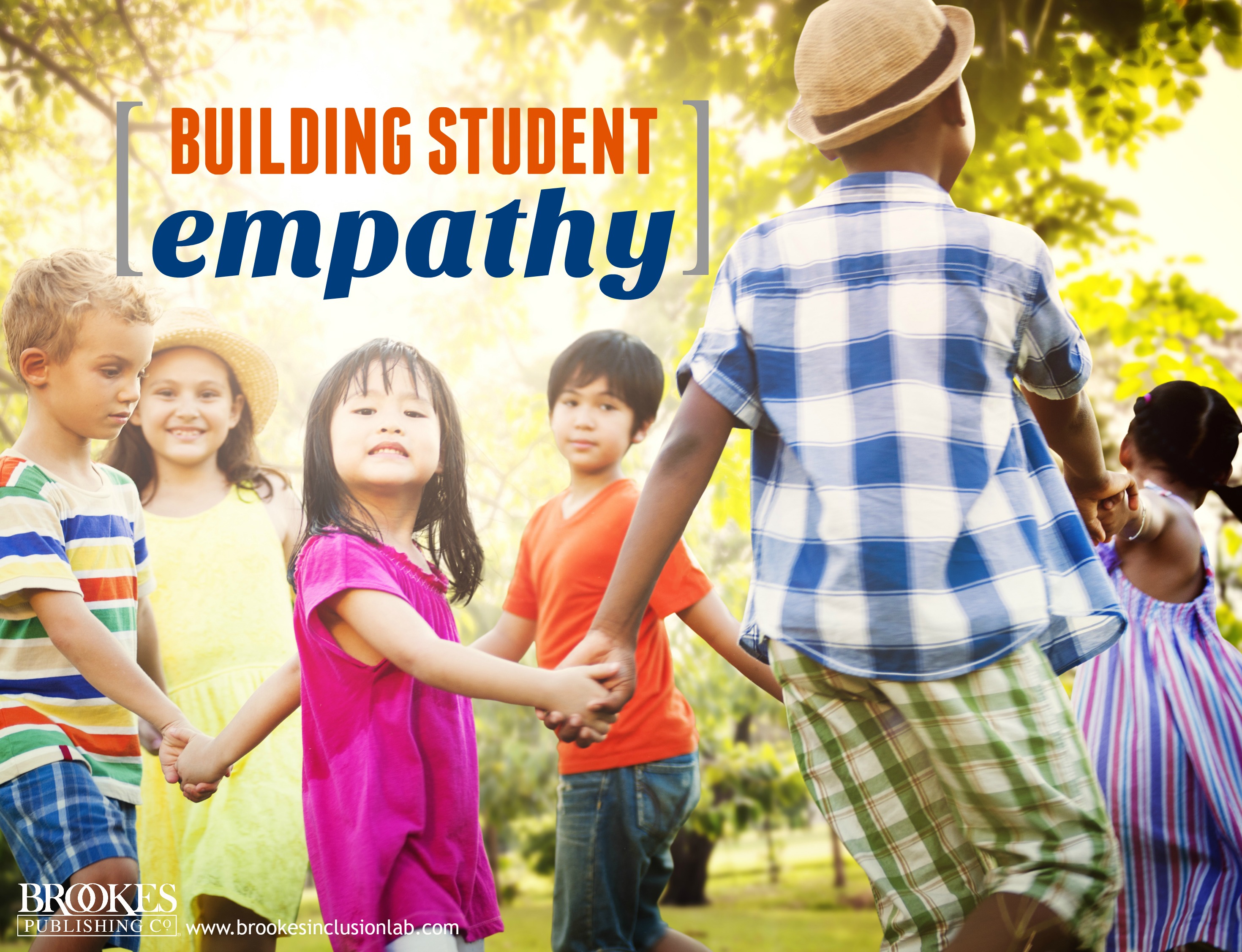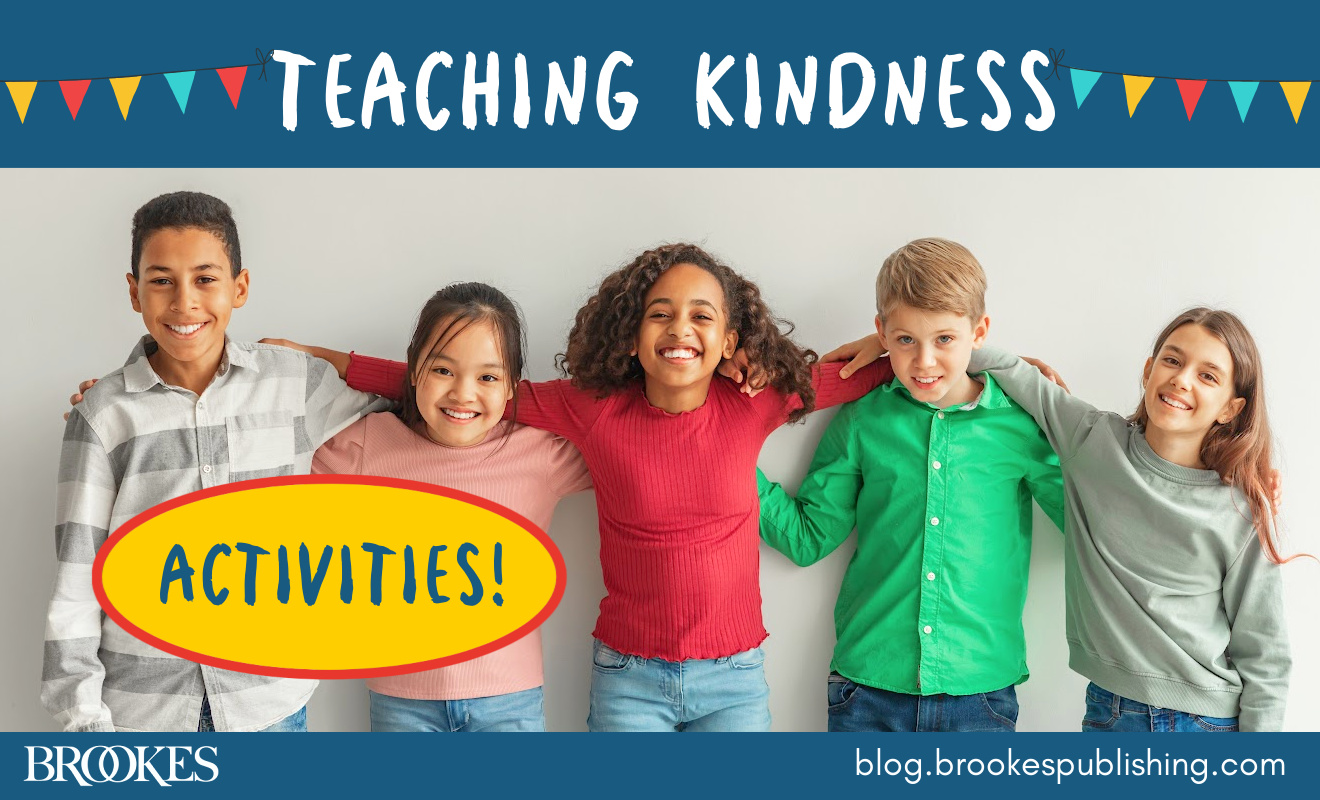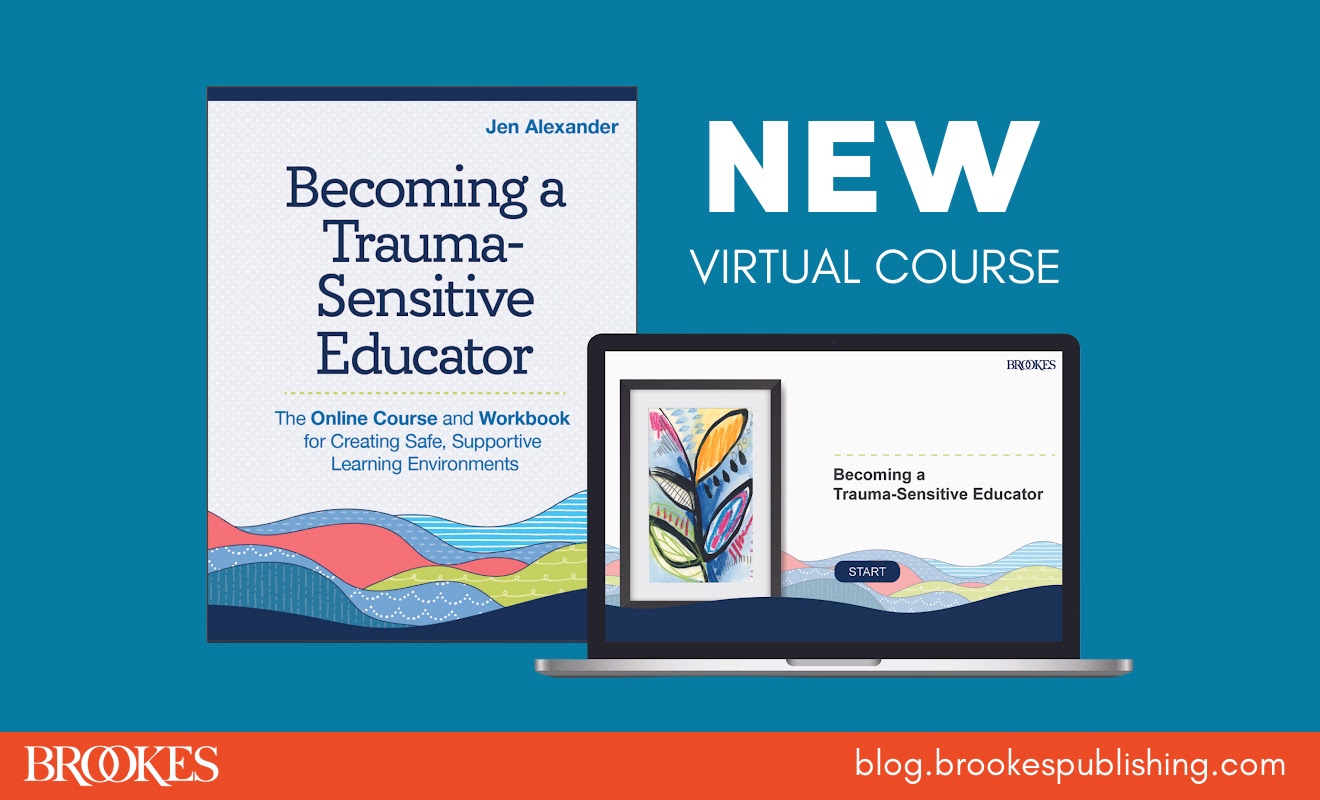12 Tips for Supporting Students’ Social Skills This Year
July 17, 2025
When it comes to long-term success in life, social skills and emotional development are just as important as academics. As you gear up for the next school year, here are some practical tips from Brookes experts on supporting your students’ social skills in the classroom and beyond.
Decide how you’ll model manners for your students. Your welcoming attitude sets the tone for positive social behavior among your students. They’ll learn how to socialize and respect one another from your example. Set guidelines for yourself—for instance, don’t yell to get students’ attention if you expect students to be respectful of one another. (The culture of kindness you establish now will have a long-lasting impact. This short film by teen filmmaker Kayla Ling perfectly illustrates the ripple effect of kindness.)
Schedule time for positive talk. Offer students plenty of opportunities for structured and unstructured talk time with each other. Throughout the day, work in opportunities for turn-and-talk times in which students turn to a nearby learning partner and share their ideas about a topic before whole-class discussion resumes. This allows students to share their opinions in a risk-free way with a trusted peer. These “brain breaks” build relationships and confidence while boosting students’ speaking and listening skills.
Look for ways to weave social skills into academic content. For instance, if a science teacher develops a unit on interdependency within ecosystems, they can make links to the importance of human interdependency within communities and within personal relationships. In language arts courses, assigned books or novels are great for exploring emotions, needs, and relationships and developing empathy. History class is also ripe for helping students make connections between past and current themes related to abuse of power, conflict, peaceful negotiation, ethical decision making, social responsibility and change, justice, teamwork, and positive leadership.
Explicitly teach conflict resolution skills. Interpersonal problems with peers can disrupt classtime and derail students’ learning. Give them specific strategies for solving conflicts and managing their challenges in school.




Write a Comment
Your email address will not be published. Required fields are marked *
Post a Comment